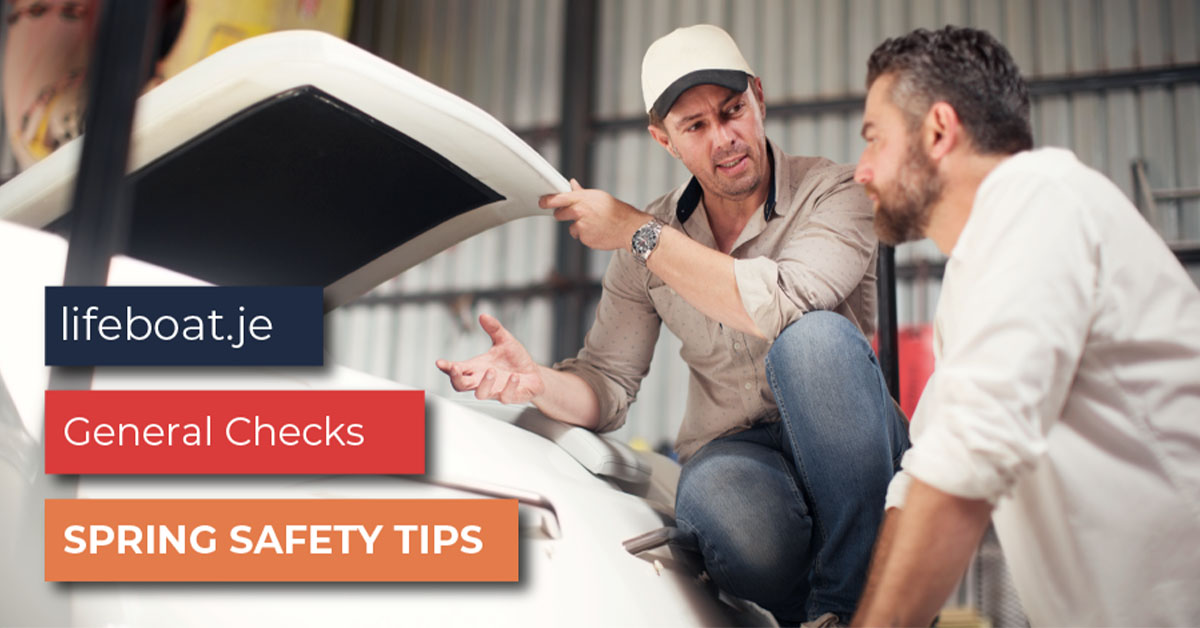
The weather is moving through spring, towards summer. Before you head back out into the water, here are some important safety tips to keep in mind.
Part 5: General Boat Checks
Before starting your boat there are some important checks you should carry out to ensure everything is in working order:
Clamps & Bolts
Ensure that the engine mountings are fastened tightly as these can loosen over time due to vibrations from the engine.
Fuel & Fuel Filters
Check your fuel is uncontaminated and that you have enough for the intended trip, plus a generous surplus for emergency. If your system is fitted with a fuel filter it is important to inspect the filter bowl and remove any water or dirt that may be present. The filter itself should be changed every six months or after long periods of use. Check with the manufacturer if unsure.
Fuel Line & Fuel Tap
Connect the fuel line from the tank to the engine, being sure to check for any kinks or signs of damage in the process. If fitted with a fuel tap, ensure it is in the open position.
Oil
Check the oil fluid levels of your engine before starting it up. It is recommended by boat manufacturers that you change the oil in an outboard or inboard motor every 50-100 hours of use or once a year, whichever comes first. Always carry spare oil onboard in case of a leak.
Prime Oil & Fuel Bulbs
Inspect the fuel and oil bulbs for any signs of wear and tear (such as cracking or perishing) then squeeze until firm to prime your system.
Cooling Water
Check the water level before starting the engine.
Steering & Controls
Check the throttle and gear controls are operating correctly and that the steering wheel moves freely when unlocked. Larger engines and hydraulic systems may require greasing.
Battery
Make sure the battery is in good condition and holding a charge and that the necessary switches and circuit breakers are set to the right position for your electrical system.
Kill Cord
If you have a kill cord on your engine, be sure to wear one. We recommend testing this to ensure the kill switch is in working order.
Seacocks
Often these are left closed when in harbour so ensure these are opened before starting the engine.
Loose Equipment Stowed
To prevent damage or injury it is important to check that any loose equipment is secure.
Warm the Engine
Give enough time for the engine to warm up and ensure everything is running smoothly before engaging the gears.
Keep tuned for more in our series of safety tips to get you back in the water.
#boatsafety #jerseylifeboats #staysafe
